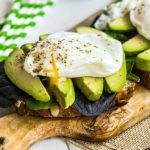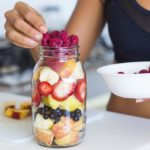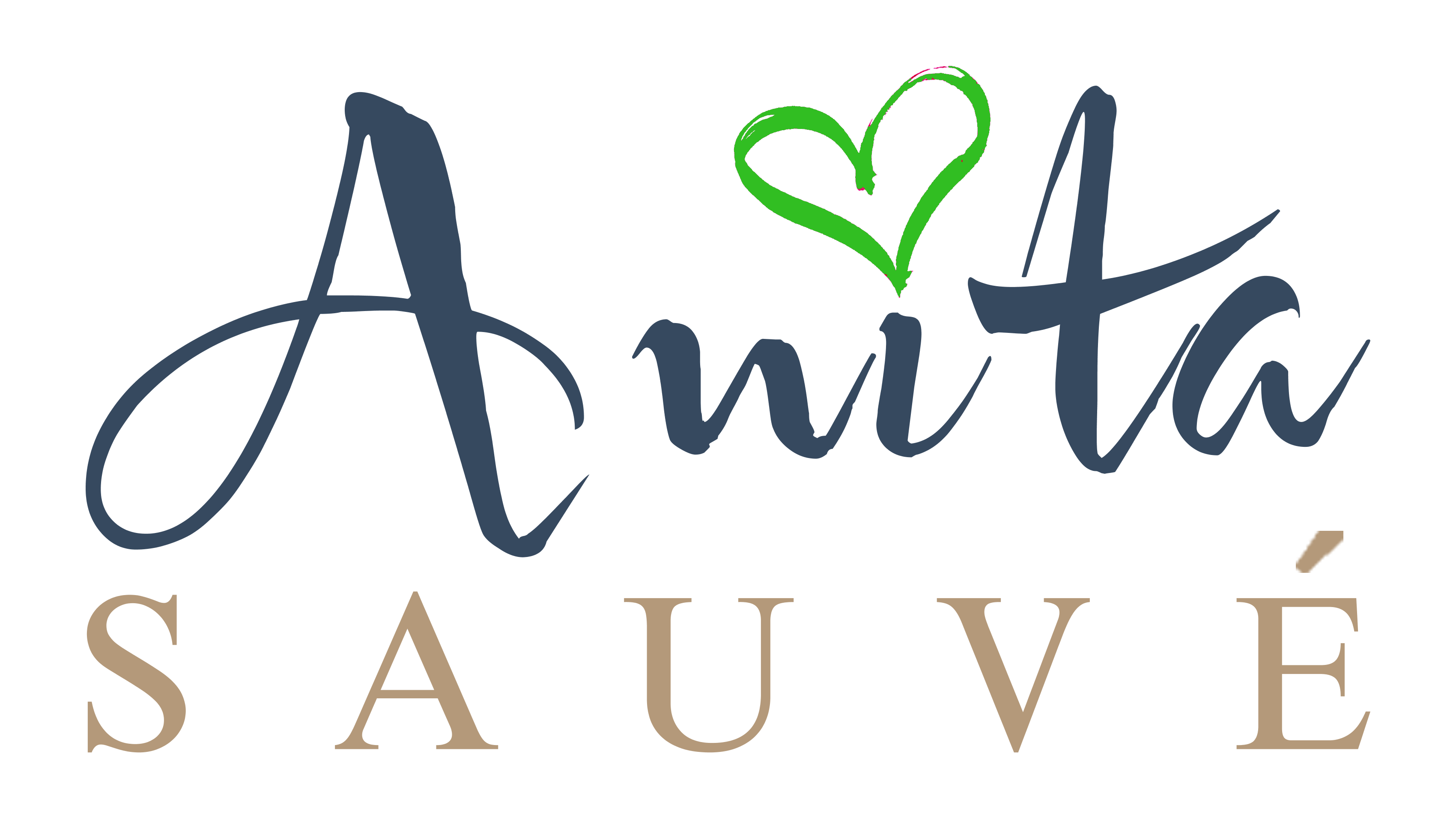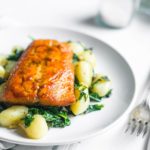How much Protein do I need?
I get this question ALL the time. People are confused and I honestly don’t blame them.
Some say protein is bad. Others say you can’t get enough.
Here’s where some of the confusion comes in…
The World Heath Organization (WHO) recommends .4 grams of protein per kilogram of body weight. The RDA in North America is .8 grams of protein per kilogram of body weight (double the WHO number). And Paleo experts recommend .8 grams per pound of body weight (again increasing the number by almost double). So its no wonder people are confused.
So let’s take a closer look at protein and what it does in the body in order to decide what each of us needs individually.
Amino acids are the smallest unit of proteins. There are 22 different amino acids. Our body can make most of these but 8 of them are essential, meaning that we must get them from our diet. This is where vegans can run into trouble. Unlike animal sourced foods such as meat and dairy, plant foods do not contain all of these essential amino acids in sufficient quantity. Therefore, vegans need to consume a variety of plant based proteins in order to ensure they are getting all of the essential amino acids. Ancient cultures understood this. Even if they had not yet identified amino acids they knew that if they did not combine certain foods people would get sick. Hence the traditional rice and beans or corn and beans.
Protein is the building block of our all cells and tissues. It helps us repair wounds, maintain healthy cells and is essential in higher amounts during times of growth such as childhood and pregnancy. There is a greater requirement for anyone who is battling a chronic disease such as MS or metabolic syndrome or even simply recovering from the latest cold or flu bug. Proteins such as collagen are important in connective tissue such as cartilage and helps keep our skin young looking. Body builders will tell you that protein is necessary for muscle growth and contraction, but let me tell you it is just as important for the rest of us who want to be able to lift that heavy box without help!
Protein is required to produce neurotransmitters such as serotonin, dopamine and acetylcholine. With adequate protein intake we can help avoid issues such as depression and anxiety. Neurotransmitters are essential for cognitive function, learning and memory. I often see teenagers in my practice who have gone vegan and shortly after changing their diets their grades have taken a nosedive. Worried parents then insist they get advice on how to do it properly because these teens aren’t really good vegetarians, they are more like “pasta-tarians”. They don’t eat meat for ethical reasons, which is admirable, but they don’t understand how to ensure they get all the essential amino acids they need for good brain function, among other things.
Immunity depends upon proteins. Antibodies which help defend us again invaders are made of proteins. Do you get every little cold or flu bug that goes around? Consider your protein intake.
Protein is required for the production of digestive enzymes. Ironically, the digestion of protein depends on having adequate digestive enzymes in the small intestine and hydrochloric acid in the stomach. So this can become a viscous circle with too little protein available.
Have you recently gotten test results form your yearly physical? I bet you had your cholesterol carriers measured. These lipoproteins such as LDL and HDL are made of proteins as well.
Hormone production such as insulin also requires proteins. In fact protein is so important to blood sugar control that it is one of the first things holistic nutritionists will recommend when discussing weight loss with clients.
Hemoglobin, that wonderful carrier of oxygen in our bodies is another important use of protein.
So by now, you are totally convinced that protein is a very important part of human nutrition, right? Want to rush out to the nearest steak house and order a 16 oz porterhouse? Before you do, let’s get back to the question of how much we need. Here’s my take on it.
The WHO is trying to avoid serious deficiency problems. This may avoid serious complications such as death but is not really ideal. The RDA gets closer to better health and the paleo recommendation is at the upper end of the scale. Loren Cordain, a researcher who is considered the father of the paleo movement, determined the maximum amount of protein that the human liver and kidney can handle. The maximum amount of protein as a percentage of total daily calories was determined to be approximately 35% for most people. So if you consume 2000 calories a day and protein contains 4 calories per gram then this comes to 175 grams of protein. What does that look like?
- 4 eggs
- 1 cup black beans
- 1/2 cup tofu
- 2- 6oz burger patties
- 6 oz salmon
- 1 chicken leg
That’s a LOT of food for 1 day! So actually most people don’t come anywhere near the maximum amount of protein our livers and kidneys can handle. In fact the national average is somewhere between 15%-20% of total calories. That being said those with liver or kidney problems should stick to the recommended RDA of .8 grams per kilogram of body weight.
So we have determined that we probably don’t need to worry too much about consuming excess protein, however, how much is too little? I think that if you are experiencing any of the symptoms outlined earlier in this article you may want to track your protein intake for a few days to see what you are actually getting. A quick rule of thumb is to consider the size of the palm of your hand as equivalent to a good portion of protein foods. For most people this equals about 3-4 ounces of animal based protein. Make sure that you have this much with each meal. Spreading your protein consumption out throughout the day helps you to maintain stable blood sugar levels and reduce cravings. If your amounts vary a little from day to day that’s just fine. Eat moderate protein, loads of healthy fresh vegetables and top with a dose of good quality fats. For most people following those guidelines results in optimal health.
Cheers to a healthy you!











